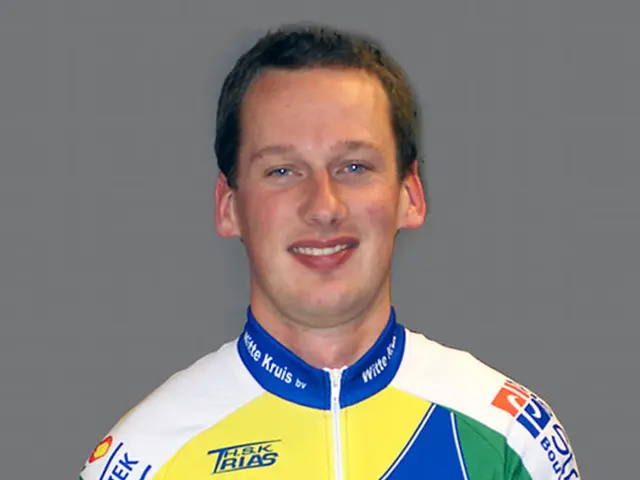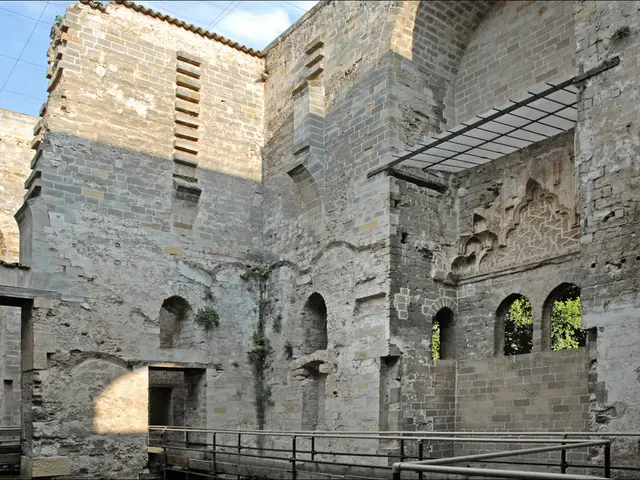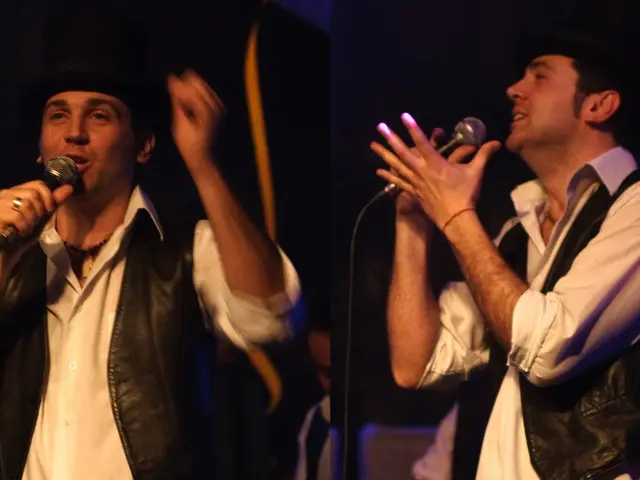Exploration of Chaos, Structure, and Ethics in The Dark Knight
Christopher Nolan's 2008 film "The Dark Knight" offers a thought-provoking exploration of ethical dilemmas, delving into themes of corruption, the fallibility of heroes, moral ambiguity, and the cost of vigilantism. The movie challenges traditional notions of clear-cut heroism and villainy, presenting the Joker as an agent of chaos who tests the moral fabric of Gotham.
The Joker: Chaos Incarnate
The Joker's scarred visage serves as a constant reminder of his chaotic nature, while his anarchic philosophy is highlighted through parallel editing. His actions compel viewers to ponder if there is a point where the fight against evil becomes indistinguishable from the evil itself.
Batman: The Symbol of Order
Batman, a character in the film, is the epitome of order and justice. He operates under a strict moral code, while the Joker thrives in the grey areas of morality. Batman's relentless pursuit of justice often seems Sisyphean, as the Joker continuously undermines his efforts.
The Fall of a Hero: Harvey Dent
The narrative techniques employed in the film invite the audience to ponder profound ethical dilemmas. Two-Face's transformation from Gotham’s idealistic district attorney Harvey Dent into a vengeful villain embodies how heroes can fall due to corruption and betrayal. The Joker manipulates Dent, convincing him that the system and people he fought for have failed him, leading to Dent's moral collapse and spree of revenge killings.
The Moral Compromises of Batman
The character of Batman raises questions about the justifiability of using unethical means for a righteous end. Batman takes the blame for Dent’s crimes to preserve Dent's image as a symbol of hope for Gotham, accepting that sometimes heroic actions require sacrificing one’s own reputation and bending moral codes to uphold a greater good.
The Debate: Can Order Ever Be Achieved in a Chaotic World?
The dynamic between Batman and the Joker underscores a deeper philosophical debate: Can true order ever be achieved in a world inherently prone to chaos? The film's storytelling intricately weaves its moral universe, challenging the boundaries between chaos and order.
Sacrificial Morality and Justice
The film's exploration of sacrificial morality and justice questions whether ends justify means, particularly in a society under threat. Conversations between characters, particularly those involving Alfred and Bruce, delve into philosophical debates about heroism and sacrifice.
In sum, "The Dark Knight" reframes heroism and villainy as complex and intertwined, with heroes capable of moral failings and villains sometimes depicted as products of systemic corruption or personal tragedy. The film masterfully navigates through a labyrinth of moral ambiguities, leaving the audience questioning the very essence of right and wrong in a world teetering on the edge of chaos.
[1] Kakutani, Michiko. "The Dark Knight Review: The Joker's Game." The New York Times, The New York Times, 15 July 2008, www.nytimes.com/2008/07/15/movies/15dark.html. [2] Ebert, Roger. "The Dark Knight Movie Review & Film Summary (2008) | Roger Ebert." RogerEbert.com, www.rogerebert.com/reviews/the-dark-knight-2008. [5] Phillips, David Denby. "The Dark Knight: The Joker's Game." The New Yorker, The New Yorker, 14 July 2008, www.newyorker.com/magazine/2008/07/14/the-dark-knights-jokers-game.








